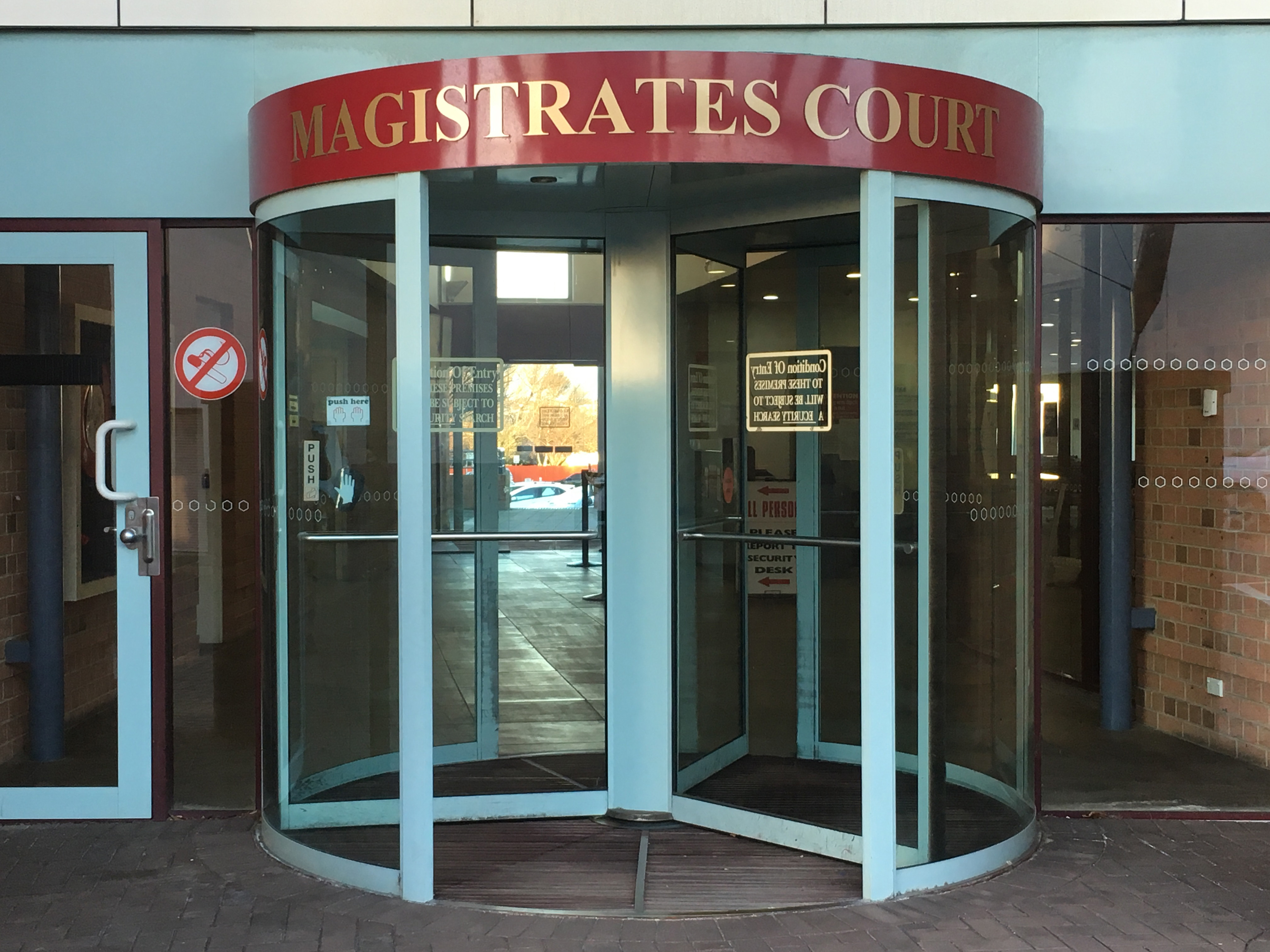Aim, Purpose & Values
Aim
The aim of the Magistrates Court is ensure a fair, just and safe Tasmania.
We serve the community by providing access to an accountable, independent and impartial system of justice administered according to law.
Purpose
The purpose of the Magistrates Court is to:
- provide an open, transparent and accessible system of justice
- apply the Rule of Law
- protect and respect individuals’ rights
Values
The Magistrates Court values judicial independence, and acts independently from Government as it performs its judicial functions.
Its staff:
- behave with integrity and respect
- are accountable and cooperative
- act without bias under the State Service Code of Conduct.
Code of Ethics
Non-Judicial Officers of the Magistrates Court
1. Provide impartial and even handed treatment to all persons
Guideline: Impartiality -
- All persons coming to court are entitled to fair and equitable treatment, regardless of their personal circumstances or legal situation.
2. Demonstrate the highest standards of personal integrity, honesty and truthfulness in all our professional and personal dealings, avoiding the misuse of court time, equipment, supplies or facilities for personal use
Guideline: Personal Integrity -
- The fundamental attitudes and work habits of individual employees.
- Behave towards all persons with respect, courtesy and responsiveness, acting always to promote public confidence in the court system.
3. Safeguard confidential information, both written and oral, unless disclosure is authorised by the Court, refusing ever to use such information for personal advantage, and abstain at all times from public comment about pending proceedings except for strictly procedural matters.
4. Refrain from any actual impropriety, such as -
- breaking the law
- receiving gifts or favours related to court employment
- accepting outside employment that conflicts with the Court duties
- recommending private legal service providers
Guideline: of improper behaviour includes -
- Improperly intervening to expedite administrative processes on behalf of a particular client
- Seeking any favour, soliciting any gift or actually receiving any gift or the promise of one that could be construed as reward for past or future services.
5. Uphold the dignity of the Court and promote respect for the Court's duty to administer justice independently and impartially according to law.
6. Serve the public by providing procedural assistance that is as helpful as possible without giving legal advice.
7. Furnish accurate information as requested in a competent, cooperative and timely manner.
8. Improve personal work skills and performance through continuing professional education and development to ultimately provide greater service to the community.
9. Guard against any act of discrimination or bias based on religion, race, gender, age, language, appearance or sexual orientation, or any ground proscribed by the Anti-Discrimination Act 1998.
10. Renounce any use of positional or personal power to harass another person sexually or in any other way.
Guideline:
- As well as sexual harassment there is also verbal, physical and psychological harassment
11. Protect the technological property of the Court by preserving the confidentiality of electronically and manually stored information and abstain from improper personal use of court computer systems and hardware.
